Insulation Tips
Is Polystyrene A Good Insulator? Get The Lowdown On XPS Insulation Effectiveness!
Polystyrene is one of the most common plastics used today – but is polystyrene a good insulator?
In this article we take a closer look at what polystyrene is, how effective it is at providing thermal insulation and what applications it is best used for.
What is polystyrene?
Polystyrene is a type of plastic that is used to make a wide range of products from toys and packaging to automobile parts and electronics. When polystyrene is expanded into a foam material it is called Expanded Polystyrene (EPS) or Extruded Polystyrene (XPS). Sometimes polystyrene foam is called Styrofoam but this is a trademarked name, not the technical name.
In its expanded form, polystyrene has low thermal conductivity which makes it a great insulator. Polystyrene foam contains a lot of small pockets of air within its structure, and this is an important key to its insulating properties.
Can polystyrene be used as insulation?
Foamed polystyrene (both EPS and XPS) are used as insulation, and there are two main factors why. Firstly, polystyrene has high thermal resistance which means it resists heat transfer. Secondly, polystyrene foam contains millions of tiny air bubbles within its structure and air is a poor conductor of heat.
Any type of bulk insulation works on the same principle, no matter what material is used. The aim is to create as many air pockets as possible inside the material. The more air you can trap inside your material, the more effective your material will be at resisting heat flow. If, in addition to the air pockets you create, the material itself has high insulating properties, then you have managed to manufacture an excellent insulator.
Is polystyrene a good insulator?
There are many insulation materials on the market from glasswool to polyester, mineral wool and rockwool. Below we look at the advantages of using polystyrene insulation such as XPS and EPS foam board insulation.
1) Polystyrene has a high thermal resistance
Extruded polystyrene (XPS) and expanded polystyrene insulation (EPS) contain millions of air pockets trapped within the foam. Because the polystyrene itself is also highly resistant to heat, the result is a great thermal insulator which can give excellent R-ratings.
In addition to this, XPS is often lined with aluminium foil on at least one side, causing radiant heat to be reflected and blocked simultaneously. This combination of bulk and reflective insulation is very effective at preventing heat loss and gain.
2) Polystyrene insulation has excellent moisture resistance
When installing other insulation types like glasswool insulation, it’s important to ensure that the area you are working in is completely dry, as moisture that becomes trapped can cause mould issues. Moisture can also cause batts to compact which lowers their effectiveness and essentially their R-value.
Polystyrene insulation on the other hand is already compacted and very little moisture is able to penetrate, preventing mould from developing and ensuring a consistent and durable R-value.
3) XPS and EPS have high compressive strength
Foam insulation can be classified as open cell or closed cell insulation. Open cell types have had inflating agents added to them which makes it more easy for them to spring and compress. Closed cell types, including XPS and EPS, are denser and have a more solid structure which makes them more durable and better able to withstand compression. Compression can compromise a bulk insulation product’s ability to resist the flow of heat energy.
4) Popular with installers due to ease of handling
Polystyrene insulation is near odourless, making it a popular choice with professional installers. Unlike traditional glasswool insulation, where thousands of loose fibres detach themselves during installation and often irritate exposed skin, XPS has a dense structure, making it more comfortable to work with. Standard construction site safety wear is more than adequate when installing XPS.
It’s important to note that many modern glasswool products like Knauf Earthwool are now cleverly manufactured and have virtually none of the itch factor associated with traditional glasswool products.
Environmental considerations
Unfortunately a lot of polystyrene ends up in landfill as it is not easily recyclable and there are no known biological agents that can break it down. The manufacturing process emits harmful pollutants into the atmosphere and involves petroleum which is a non-renewable resource.
So while the answer to the question “is polystyrene a good insulator?” is yes, one of its major drawbacks is the impact it is having on our environment. If you are interested in more eco-friendly insulation options, check out our article on environmentally friendly insulation for Australian homes.
Is polystyrene good for wall insulation?
Polystyrene foam boards can be used in a wide range of applications including exterior walls, ceilings, cool rooms and under concrete slabs in both commercial and residential projects. When installing in walls, the foam board should be measured and cut for a snug fit between the timber joists. Most XPS and EPS boards can be cut to size with a standard utility knife.
Can you use polystyrene for soundproofing?
On its own, polystyrene doesn’t have good acoustic insulating properties because it does not have enough thickness or density. However, when it is attached to rigid materials such as structural insulated panels (SIPs), polystyrene can be used effectively for soundproofing.
How long does polystyrene insulation last?
Polystyrene insulation products are designed to last several decades before needing to be replaced. As one of the more durable insulation materials available, polystyrene foam board insulation often comes with a warranty of 30 to 50 years. For more information about the lifetime of insulation, check out our article on how long insulation lasts.
Where to buy insulation online?
Whether you’re looking for polystyrene foam board insulation, glasswool insulation or specialised acoustic insulation, Pricewise Insulation has you covered. We are Australia’s largest online insulation store, providing a wide range of high quality, affordable options from some of the most reputed insulation brands on the market. Get in touch for more information or place an order online today!
Featured ProductsBrowse All

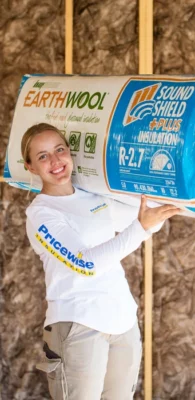
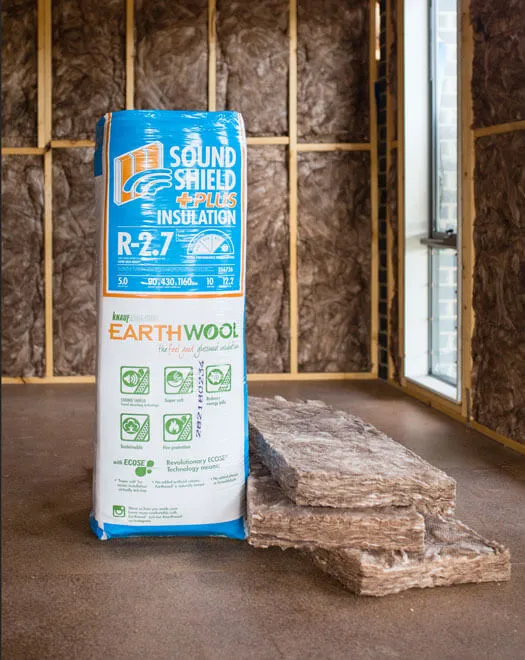
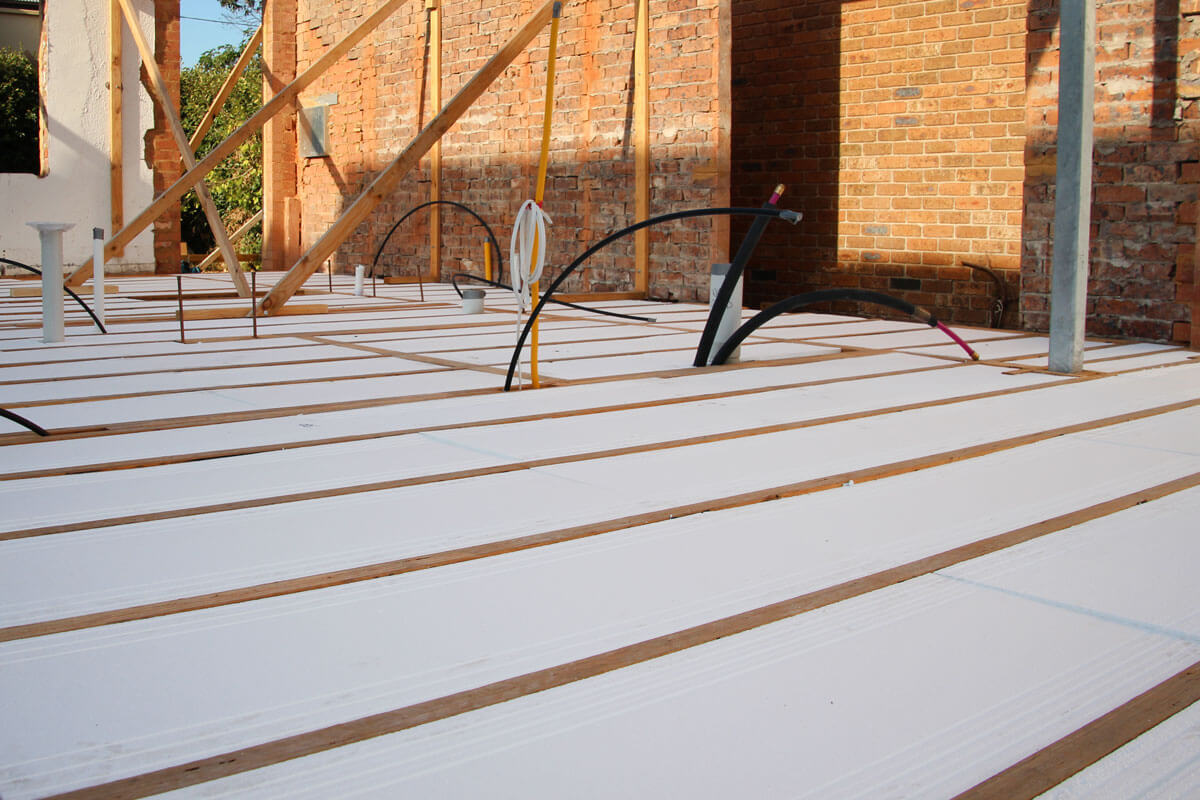
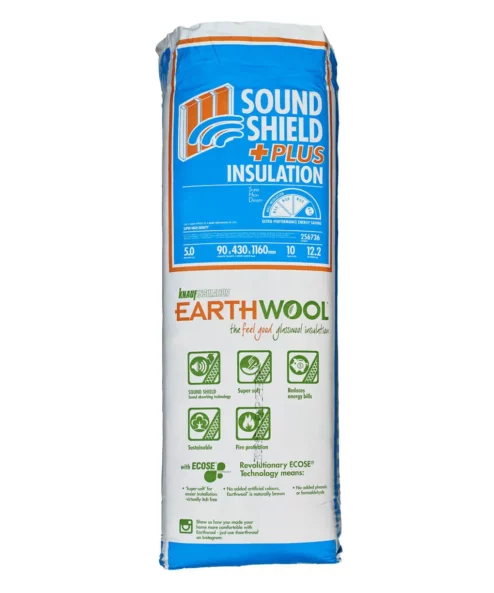
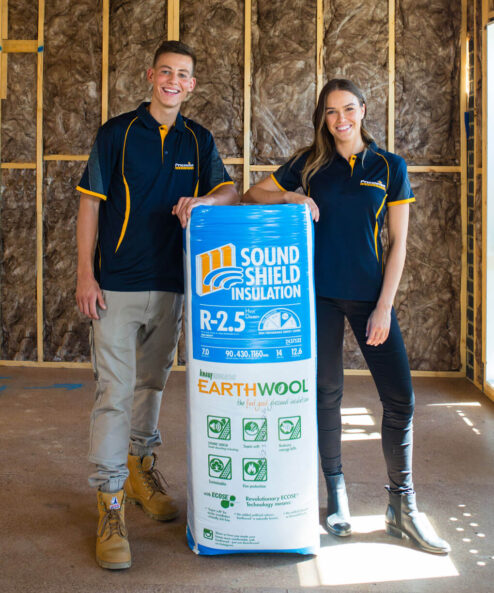
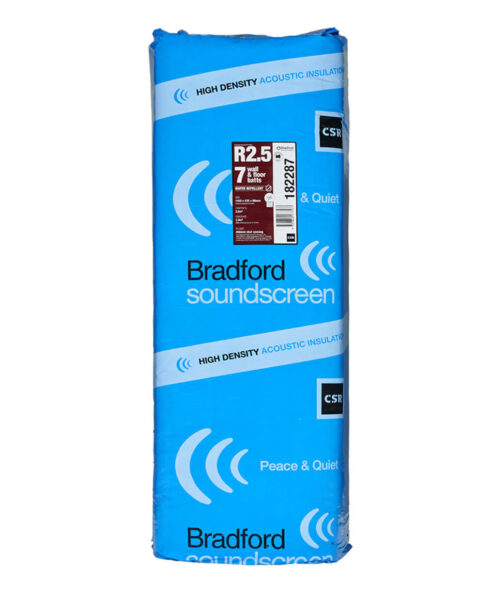
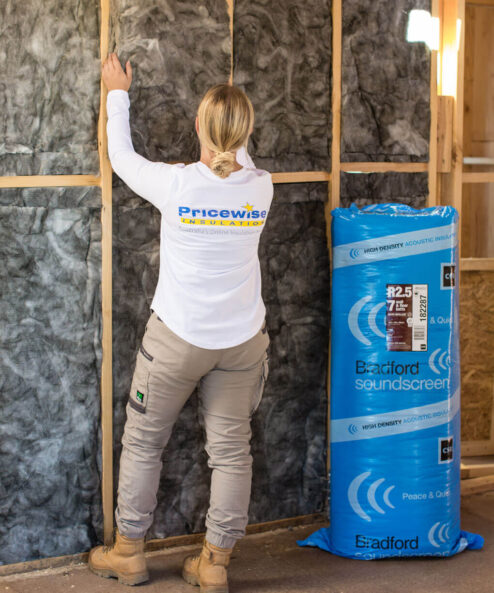
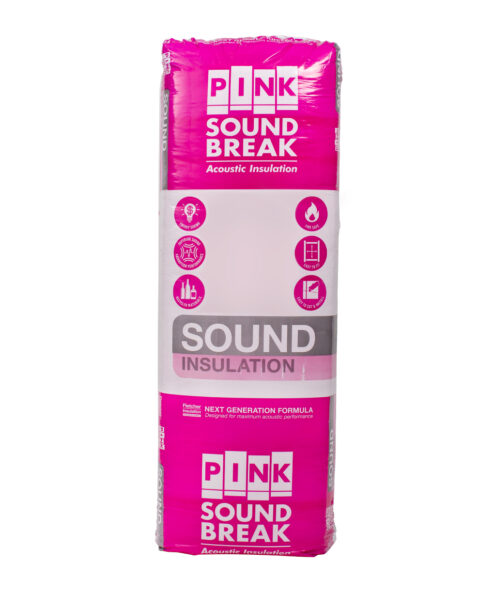
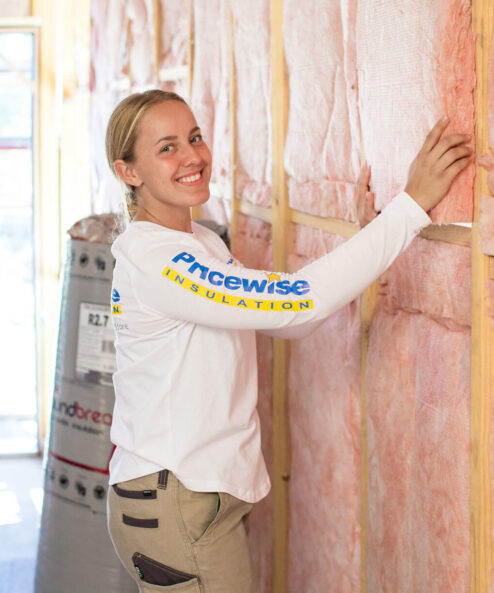
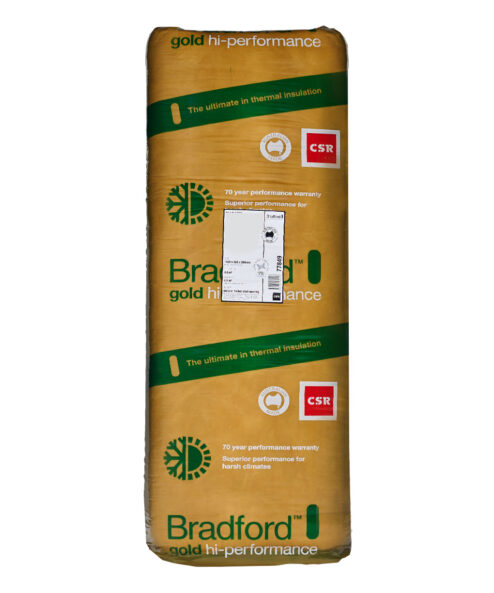
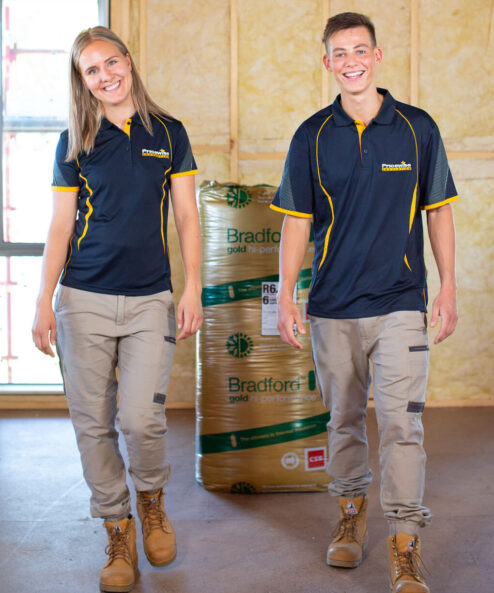
4×8 6 inches thick what would be the cost star foam insulation
Hi Jennie, thanks for your enquiry. This depends on the type of foam insulation that you are looking to install. Please give our team a call on 1300 729 639 and they would be happy to assist you.
Kind regards,
Christa
Most people does not know what the terminology balloon structure is these houses were built in the early 30s and 70 so you cannot insulate them without using something to block the bottom plate the only way isthe use of styrofoam because all the heat goes through the walls down into the basement I paid $2,000 in electricity in one year it is my opinion federal government because of the cause of this kind of insulation being so expensive should subsidize the cost of this product for those who does have homes that were built then and to make it affordable to save electricity because in reality most of these people gets fuel assistance and it for more feasible to help them save electricity
Hi Curtis,
Thanks for your comment!
I completely agree with you regarding the rising costs of electricity, and insulation indeed offers an effective solution to reduce bills. Our sister company, Eco Home Insulation, specialises in blow-in insulation for existing cavities, serving Victoria. If you require contacts for blow-in insulation in other states across Australia, please don’t hesitate to reach out to us.
A helpful tip to prevent blow insulation from falling past the bottom plate into the subfloor area is to block up those gaps with pieces of polyester insulation before pumping in the insulation.